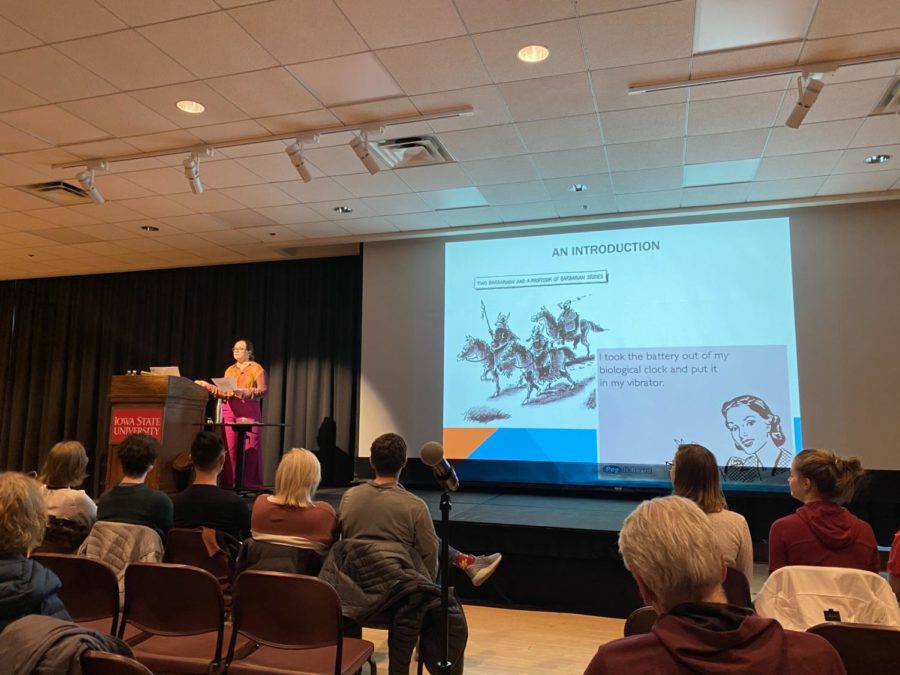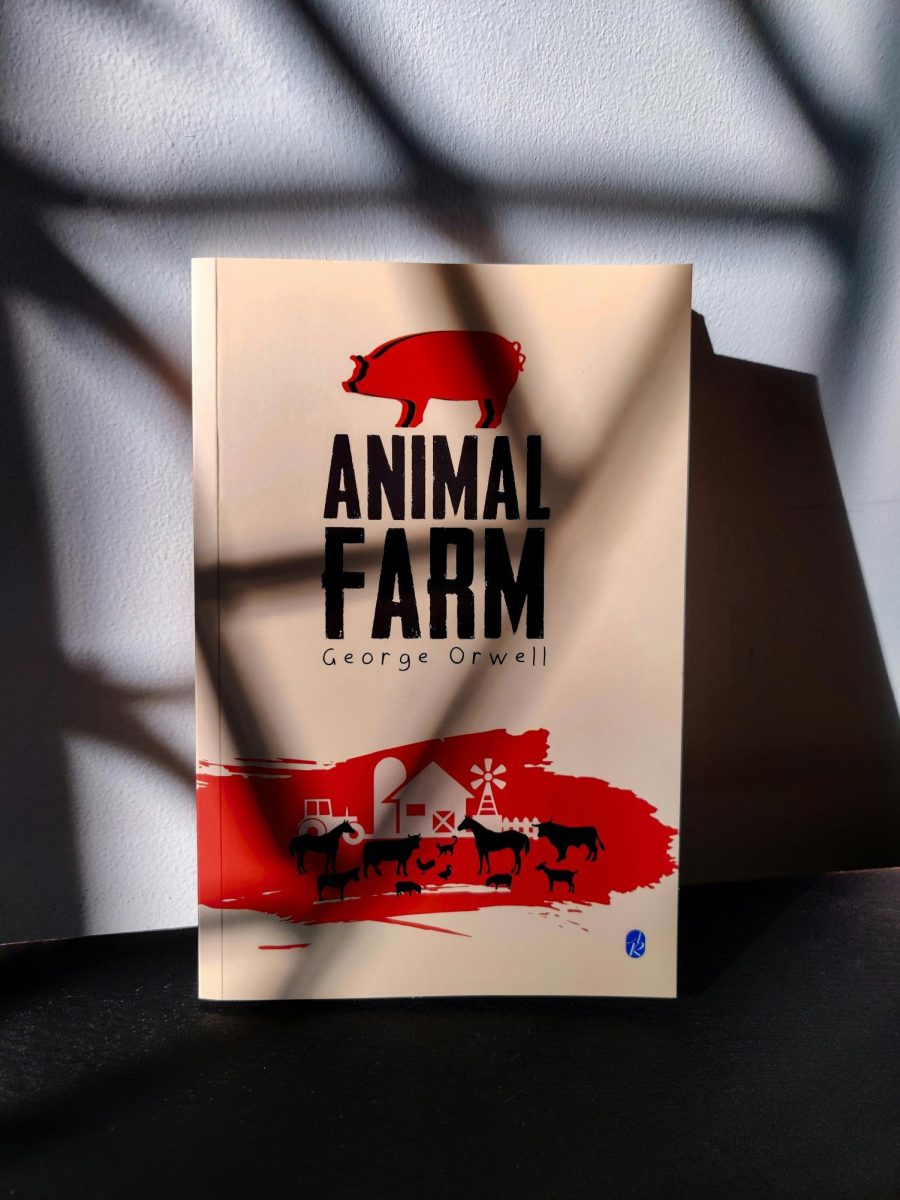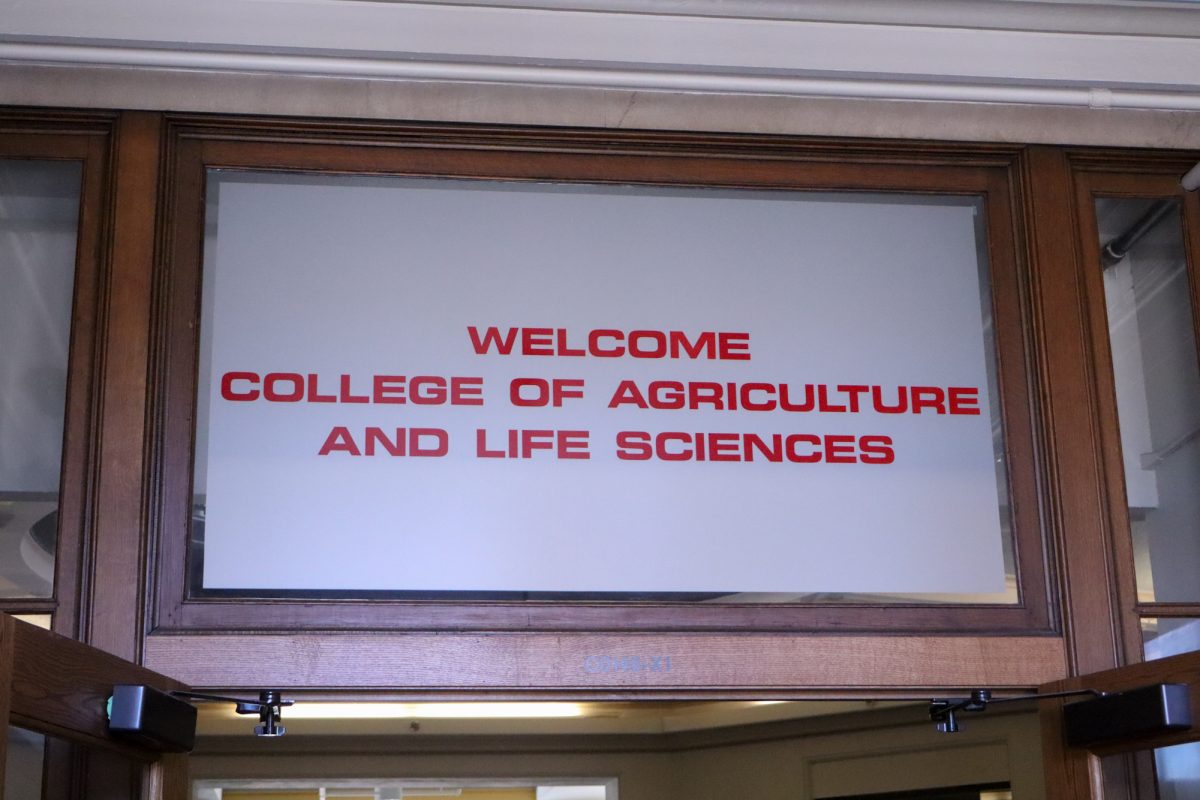Child-free by choice movement discussed in lecture
Amy Blackstone stands onstage Wednesday in the Sun Room at the Memorial Union leading a lecture over her novel “Childfree by Choice: The Movement Redefining Family and Creating a New Age of Independence”.
March 11, 2020
Iowa State students and Ames community members learned about the movement of child-free individuals by choice at a lecture Wednesday.
The speaker at the lecture was Amy Blackstone, professor of sociology at the University of Maine where she researches childlessness and the child-free choice, childfree families, workplace harassment and civic engagement; the co-creator of the blog “We’re {Not} Having a Baby” with her spouse of 25 plus years, Lance Blackstone; and the author of the novel “Childfree by Choice: The Movement Redefining Family and Creating a New Age of Independence,” with an afterword that is composed by Lance Blackstone.
Child-free people are individuals who do not want to have children at all. Childless means the condition of being without children; it implies that everyone who does not have children would like to have them.
“In my case, I’m child-free by choice,” Blackstone said. “I didn’t come to this decision quickly or easily. In fact, I assumed I would be a mother one day myself. I actually trained myself quite well toward motherhood. When I was 11 years old, I enrolled in a babysitters certification course […]. I worked as a nanny throughout college and even in grad school. So I trained myself really well to become a mother and imagined that I would.”
Blackstone first started the project on child-free individuals in 2008 during a time in her own life when she was thinking of her status as a non-parent and approaching what was then considered geriatric at 35 years of age, a number that has since been debunked and reestimated at ages 65 and up.
Many of the stigmas surrounding a child-free choice include but are not limited to it being bad for repopulation and the survival of families, it being a selfish choice that limits ones availability to leave a legacy, being less of a woman without maternal instincts, not liking children and, in old age, being full of bitter resentment. Blackstone’s novel dissects these myths in a total of eight chapters highlighting both the history and fighting the stereotypes.
United Nations data suggests there were about 1 billion people in 1800, 2 billion in 1927, 5 billion in 1987 and just over 7.5 billion in 2018.
The status of children was once reliant for the members of society while they were birthed for labor. Pronatalism is the belief of necessity for reproduction to ensure the continuity of humanity. The eugenics movement, though fallen out of favor, was concentrated on the rich and wealthy expanding their genes.
“There is no scientific evidence to suggest that women are naturally driven to become parents,” Blackstone said. “Nevertheless, it is a belief that we hold very dear in our culture that women are naturally inclined toward parenthood, and because we believe this to be true, people who don’t have kids, and women in particular who don’t have kids, are often stigmatized as a result of that circumstance.”
The current total expected fertility rate for women in the U.S. is 1.84, meaning throughout a woman’s life, she will give birth to one to two children on average, according to the CIA’s World Factbook data. Some of these pregnancies are unplanned.
“I always talk about parenthood as though it’s a choice,” Blackstone said. “I recognize that 40 percent of pregnancies are not planned, so sometimes people are parents because they didn’t choose it.”
Blackstone also discussed how to communicate with a partner about being child-free by choice.
“For folks who are looking for a partner and haven’t found a partner yet, my advice always is talk about it early and often,” Blackstone said. “We have all kinds of great resources today that we didn’t have in 1995 when I got married that give us a glimpse into what life is like as a parent and into what life is like as a non-parent.”
To learn more check out Blackstone’s novel “Childfree by Choice: The Movement Redefining Family and Creating a New Age of Independence.”







